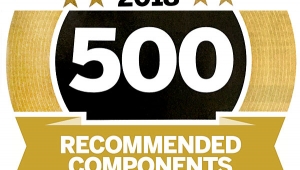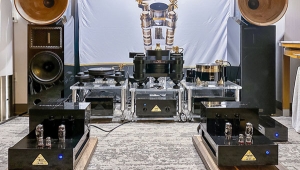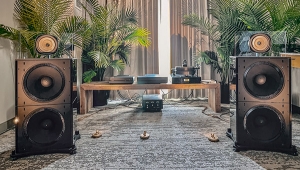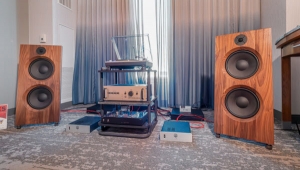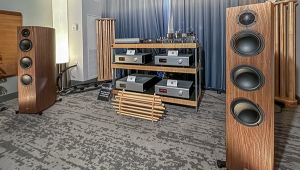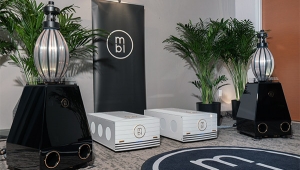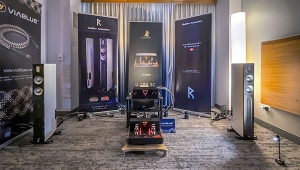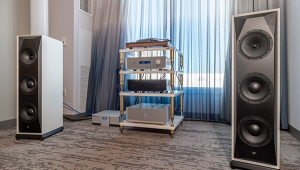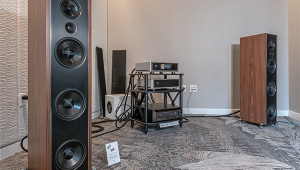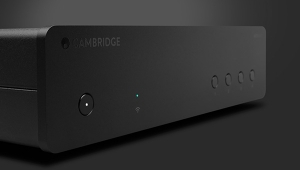| Columns Retired Columns & Blogs |
The listing includes, "Topping Pre90: $599 plus $249 for the Ext90 input extender"
Topping's more recent A90 Discrete, aka A90D ($599) seems to include similar preamplifier functionality as the Pre90 at the same price, including the relay switched R-2R attenuator, and facility to add the Ext90 ($249) input extender. However the A90D also includes a headphone amplifier, which is not included in the Pre90, and the A90D uses discrete electronics in the audio amplifiers.
I am suggesting that the A90D might be a good subject for future review; and in the review bundle, it might be worthwhile to also request the aforementioned Ext90, the D90SE ($899) DA converter, and the SR2 ($219) modular three shelf aluminum component rack, which has suitable geometry, is designed for use with these components.
This isn't SPAM. I have no financial interest in this, have no affiliation with Topping or any of the vendors. I was merely considering updating my old home office setup, maybe.
















